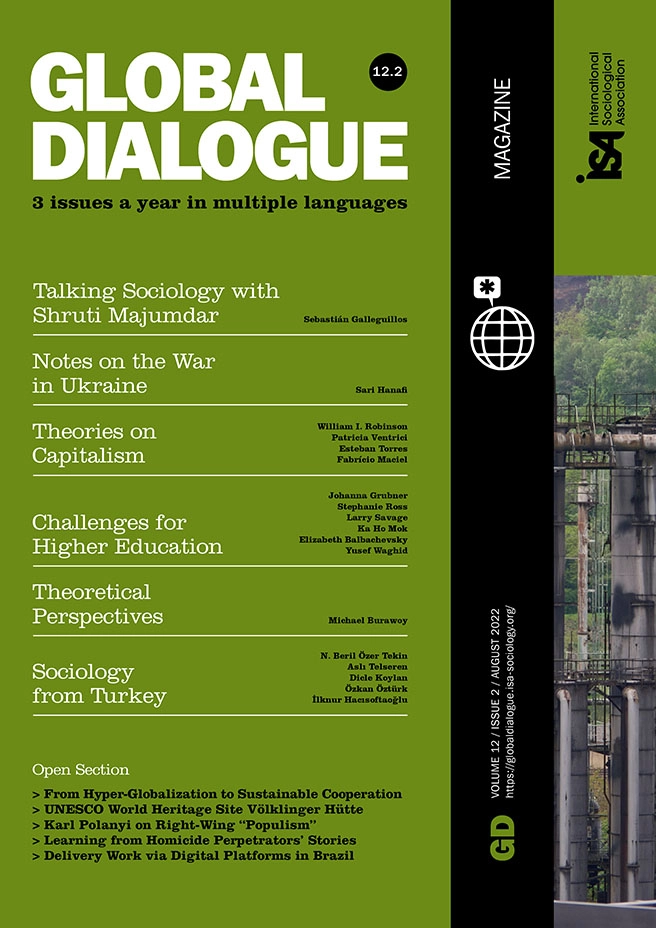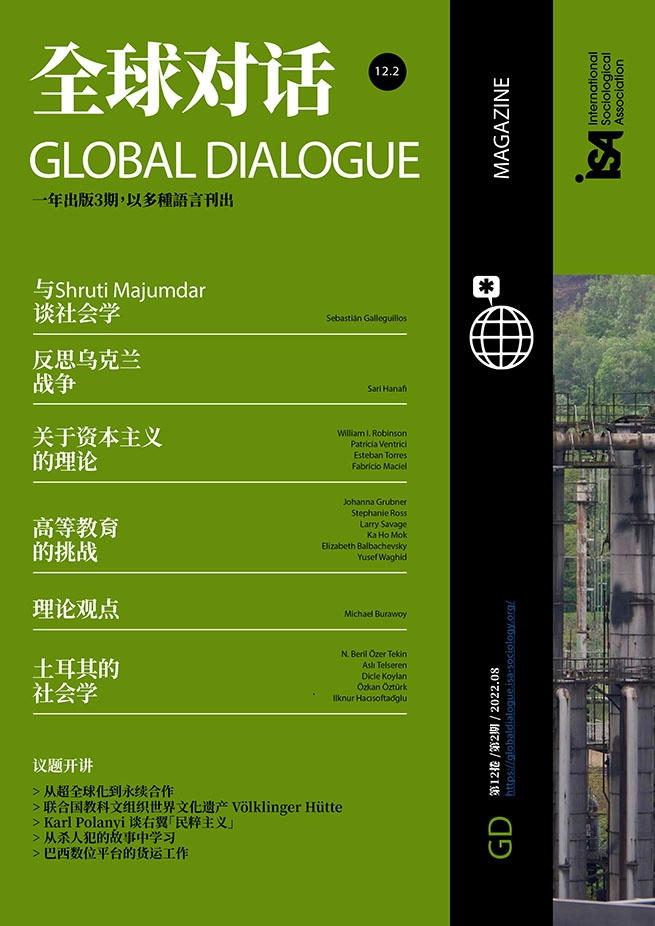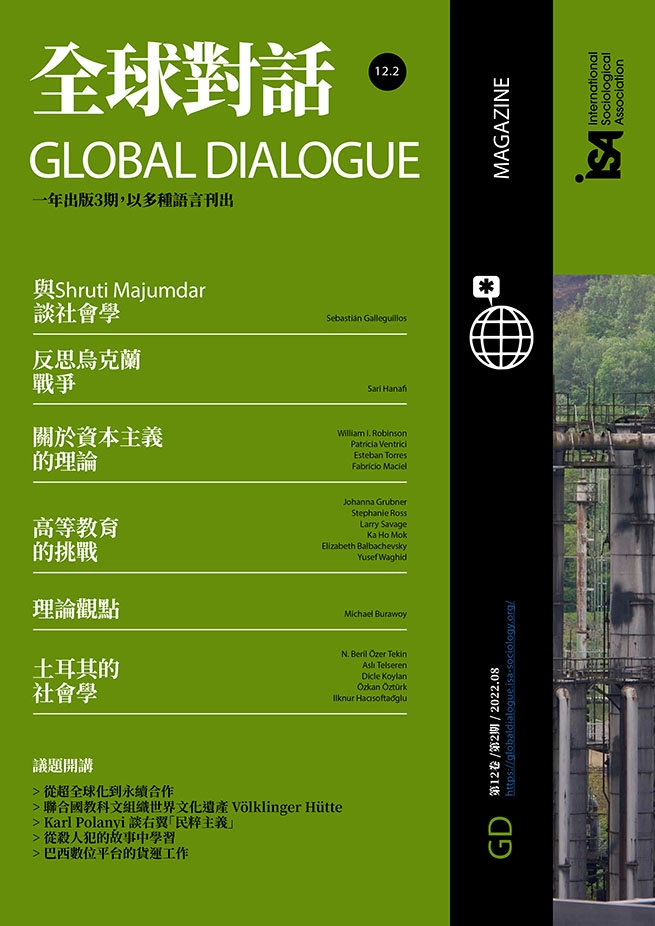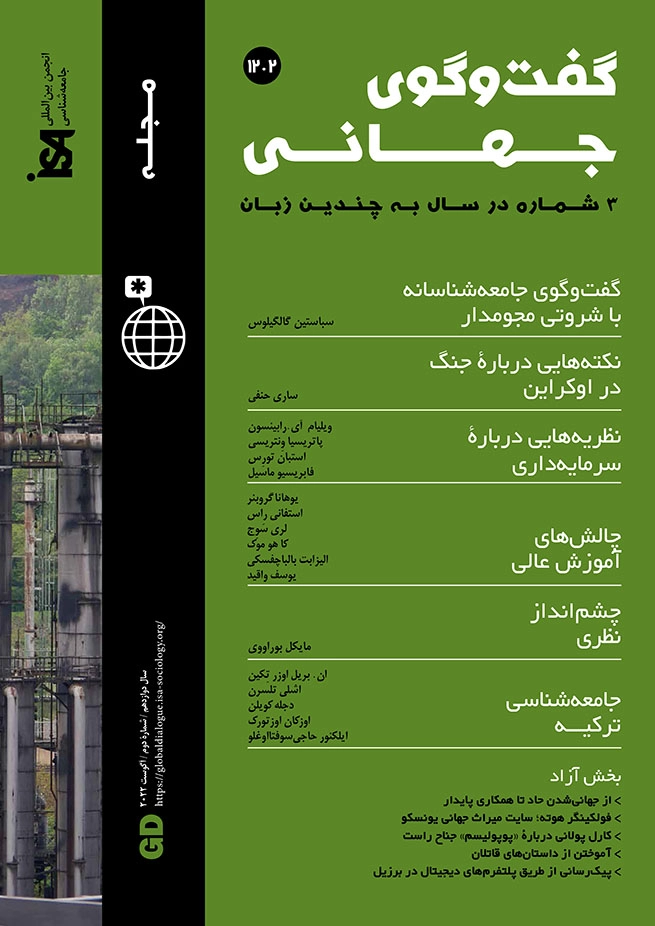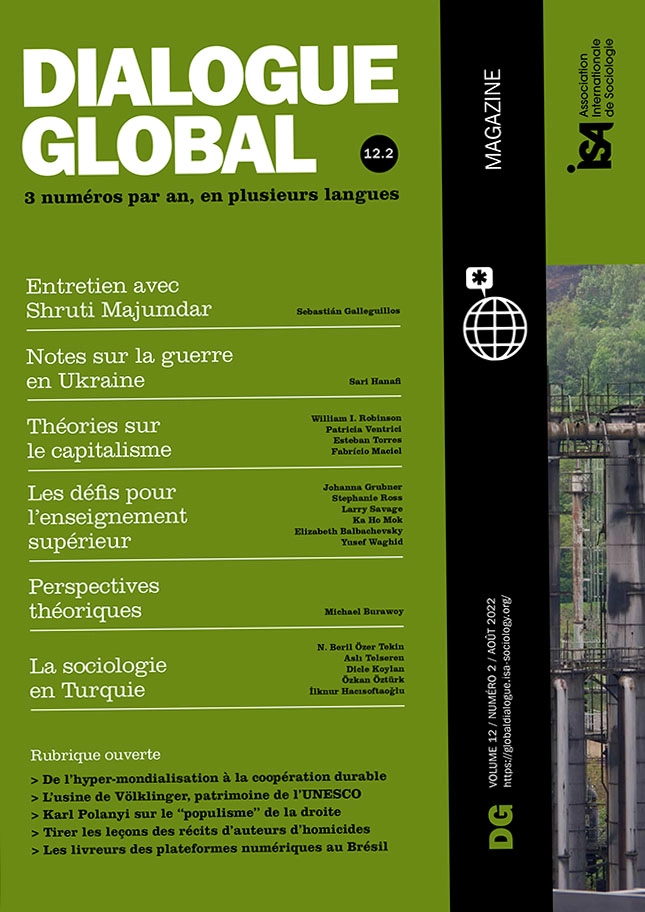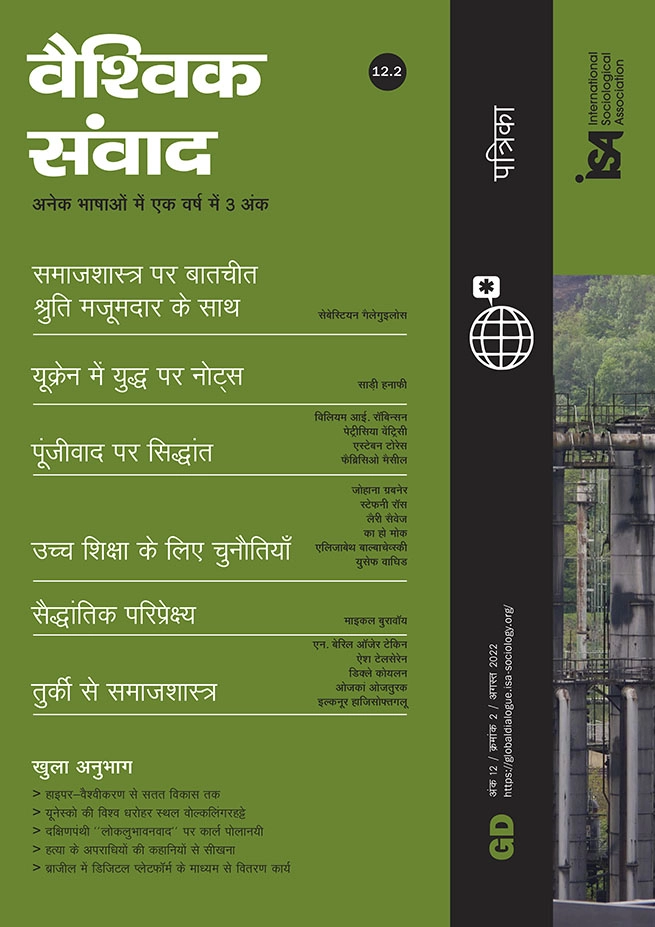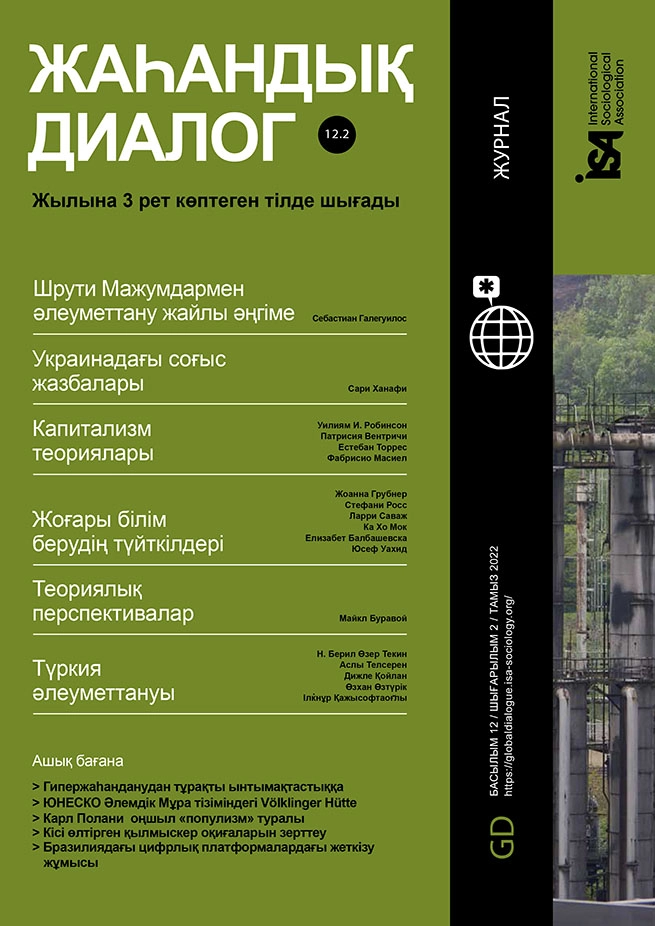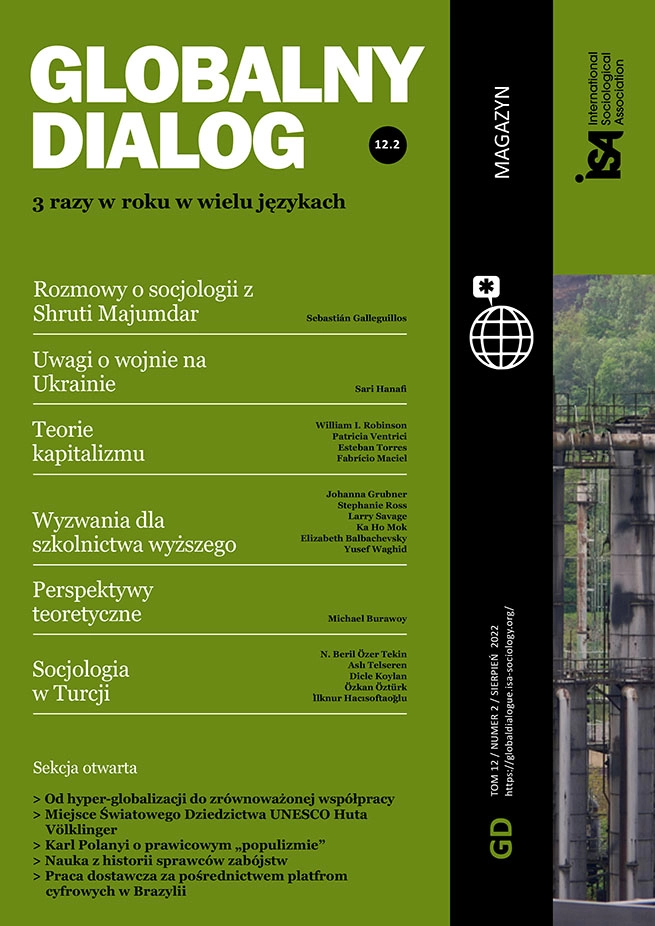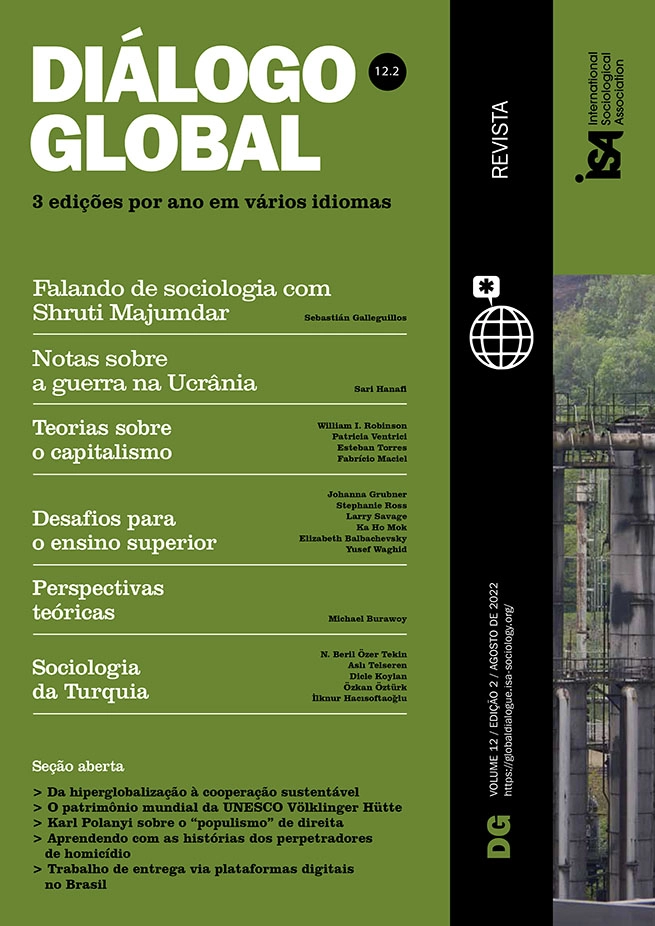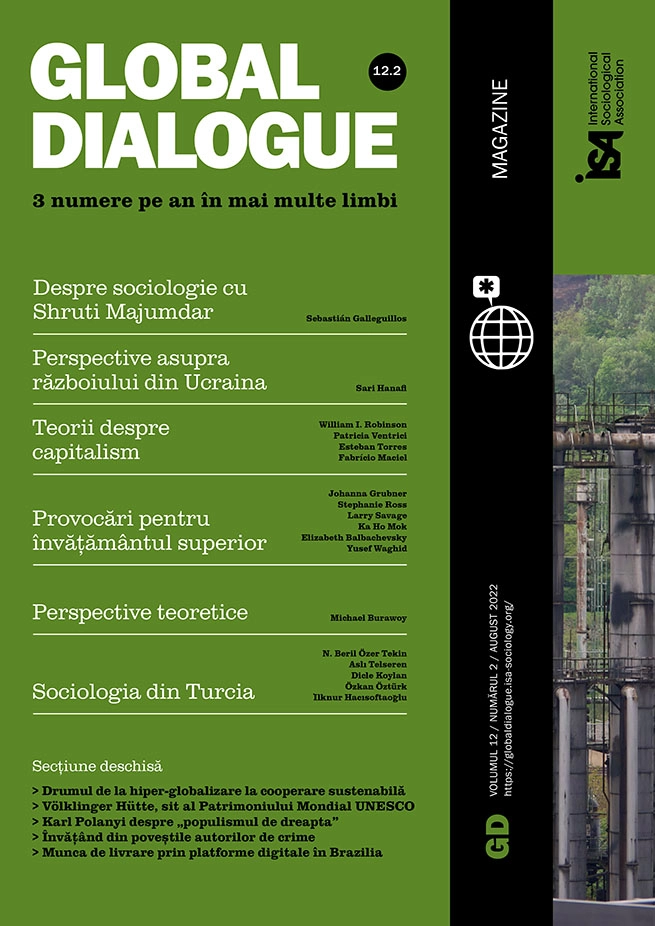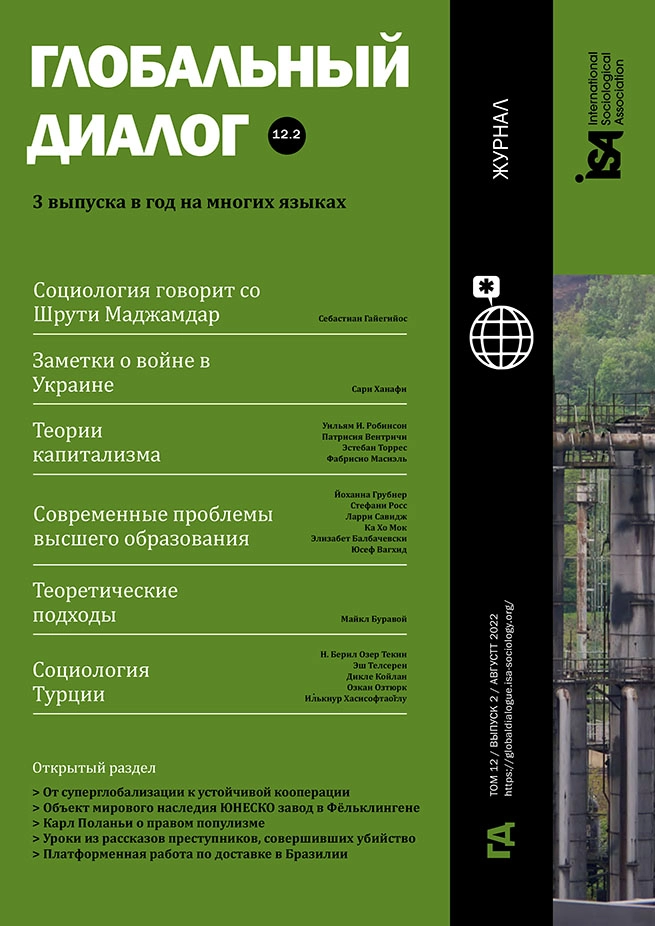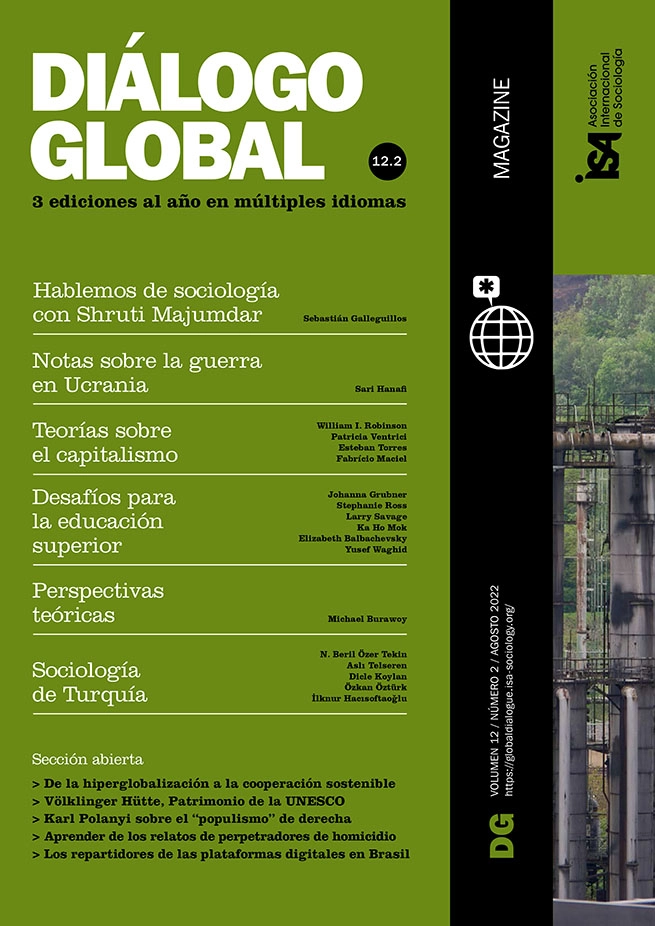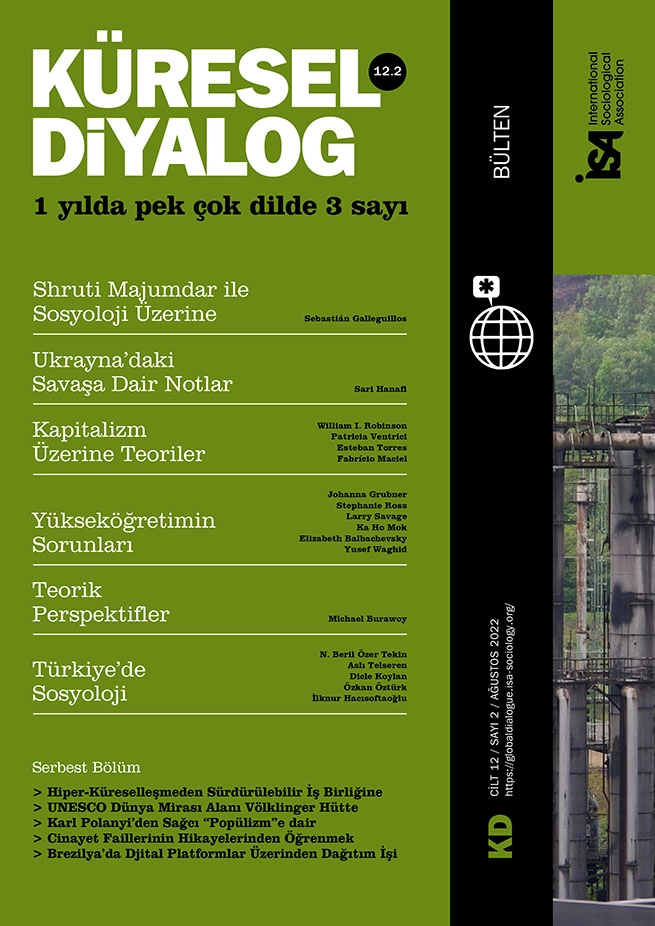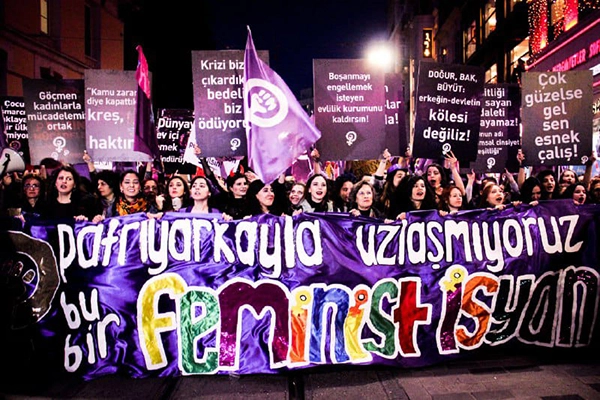As a social construct, gender refers to the cultural, social, political, and economic distinction between social roles, which changes across time and space. Constructed through social institutions according to the socio-economic, cultural, and political needs of societies, gender regimes determine gender inequalities and hierarchies within socio-economic and political structures. Therefore, inequalities are neither natural nor biologically given but, instead, are socially constructed.
As one of the fundamental human rights, gender equality refers to an equal chance of access to public, economic, political, and social resources, and to opportunities regardless of gender. Sociologist Nilay Çabuk Kaya defines it as the equal participation of women and men in every dimension of social life[1]. In that context, gender equality affects all individuals, whether cis or trans women and men; adults or children; employed or unemployed, and so on. Therefore, it is more than equal representation in political life and is strongly tied to the feminist movement and LGBTIQ+ movement. Within Turkey’s given situation and social structure, achieving gender equality requires eradicating all harmful practices against women and LGBTIQ+ individuals, including physical, psychological, economic, and sexual violence, femicide, wage gaps, and gender-based discrimination, among many others. This article will discuss the current state of gender in/equality in Turkey as of the end of 2021.
A very brief history of gender in/equality in Turkey
Arguments and discussions on gender in/equality (mainly in terms of equality of the sexes) date back to the modernization period of the Ottoman Empire and the foundation of the Republic of Turkey. As Serpil Sancar and Ayça Bulut discuss, republican reforms of the 1920s and 1930s portrayed women as a symbol of modernization and as the modern face of Turkish society[2]. Thus, gender equality policies were developed as a part of modernization or cultural transformation processes, rather than being an indispensable feature of economic and social development. Although this period prioritized the family as a structure, a series of laws on equality of men and women were passed, including the right to vote and the civil code. Despite these reforms, gender equality was far from achieved at a societal level, and gender asymmetry continued to exist.
Since the end of the 1980s, women’s organizations and the feminist movement have acquired an essential role in forcing gender equality. Their prominent political efforts and increasing participation in shaping the political and social landscape have become increasingly visible. In the 1990s, women began to gain both legal and social benefits as a result of feminist efforts. To fulfill women’s human rights, such as equal access to public, economic, and political resources, elimination of violence against women, and increasing women’s political representation in the assembly, the feminist struggle continued. In this period, feminists began to question the place of women in the family and the existing patriarchal structure. They also focused on issues such as sexism, male dominance, domestic violence, and unpaid domestic work. In this regard, they paid particular attention to the analysis of the role of patriarchy and the patriarchal social, political, and economic system. Thanks to their efforts, public awareness of the existing problems based on gender inequality grew, along with information about resources and mechanisms to solve them.
Contemporary challenges
Due to the efforts of feminists in the 1980s and 1990s, the feminist movement grew stronger socially and politically. In the 2000s and afterward, it seems that all women, regardless of their religion, ethnicity, class, sexual orientation, and age, who see patriarchy and the patriarchal social structure as a problem are the protagonists of the feminist movement. As Hill-Collins (1990) argues, gender, class, and ethnicity are among the most ambiguous and politicized social relationships in the modern world. Having seen that class, sexual orientation, age, religion, state of health, citizenship ties, etc. differentiate women’s experiences, feminists continue to systematically question the link between intertwined power relations and women’s social and political experiences. The intersectional character of the feminist movement in Turkey can be seen as the root cause of the movement’s strength.
When we look at the policy-making process in the 2000s, it is apparent that the gender politics was coherent with the European Union accession process that had begun following the Helsinki Summit in 1999. In this period, Turkey experienced several signs of progress in women’s rights, including the amendments of the Turkish Penal Code and Civil Code, and the hosting of the Istanbul Convention. Turkey became the first country to sign the Istanbul Convention, the first European convention aimed at securing a region without violence against women and domestic violence, regardless of sexual orientation. The document could be seen as an assurance for LGBTIQ+ individuals. Just after ratifying the Convention, Turkey passed its own corresponding law no. 6284 in 2012.
However, with the de-Europeanization policies after 2012, these reforms have slowed down. This period coincides with the transition from an egalitarian discourse to a conservative one. The neoliberal policies of the period have been accompanied by rhetoric on the importance of family and the role of women within the family, an essential tool for reconsolidating patriarchal social structure. In 2021, Turkey became the first country to leave the Istanbul Convention; this was done even without the approval of the Turkish Grand National Assembly.
Despite the progress over the last decades, many challenges remain, including the underrepresentation of women in politics and in the workforce, the high rate of unemployed women, gender-based violence, and femicide. Furthermore, the COVID-19 pandemic has had a negative impact on gender equality. The data show that the pandemic has led to an increase in violence against women. Many women had to stay in unsafe conditions because of the lockdown measures, making it difficult for them to access services.
In countries like Turkey, where traditional and stereotypical divisions of labor are common, and where the care work predominantly falls on women while men provide for the household, despite the significant changes and developments that have taken place in practice, the COVID-19 epidemic has deepened the gender gap and caused women to bear a disproportionate burden. Although recent studies[3] showed that men also spent more time on housework during the pandemic, the same studies revealed that men’s participation in domestic labor did not reduce the burden of women. In fact, the pandemic revealed the importance of women’s labor. Although life outside homes has come to a standstill, as Melda Yaman[4] points out, women have continued to work, in paid and unpaid capacities, to reproduce labor power, and to provide care for children and the elderly at home. They have been hit harder by the economic impacts of COVID-19, as they disproportionately work in insecure labor markets. All these factors make women fragile both in public and private spaces and constitute a significant obstacle to achieving gender equality.
[1] BBC News Türkçe, Toplumsal cinsiyet eşitliği nedir, Türkiye’de neden tartışma yaratıyor? https://www.bbc.com/turkce/haberler-turkiye-49679143 (Interview in Turkish. Accessed 17 May 2022).
[2] Sancar, S. and Bulut, A. (2006) Turkey: Country Gender Profile, Final Report, https://www.jica.go.jp/english/our_work/thematic_issues/gender/background/pdf/e06tur.pdf (accessed 9 May 2022).
[3] See İlkkaracan, İ. and Memiş, E. (2021) “Transformations in the gender gaps in paid and unpaid work during the COVID-19 pandemic: findings from Turkey.” Feminist Economics 27 (1-2), 288-309, https://doi.org/10.1080/13545701.2020.1849764, and Hızıroğlu-Aygün, A., Köksal, S. and Uysal, G. (2021) “Covid-19 pandemisinde toplumsal cinsiyet eşitsizliği: ev işlerini kim yaptı? Çocuklara kim baktı?”. İstanbul Politikalar Merkezi. Sabancı Üniversitesi. https://ipc.sabanciuniv.edu/Content/Images/CKeditorImages/20210401-19040880.pdf (article in Turkish).
[4] Yaman, M. (March 7, 2021) “Pandeminin içinden: kadınların yeniden üretim emeği.” Birgün, https://www.birgun.net/haber/pandeminin-icinden-kadinlarin-yeniden-uretim-emegi-336621 (article in Turkish).
Aslı Telseren, Doğuş University, Turkey, and Laboratoire de changement social et politique – Centre d’Enseignement, de Documentation et de Recherches pour les Études Féministes (LCSP-CEDREF), Université Paris-Cité, France <telserena@dogus.edu.tr>





